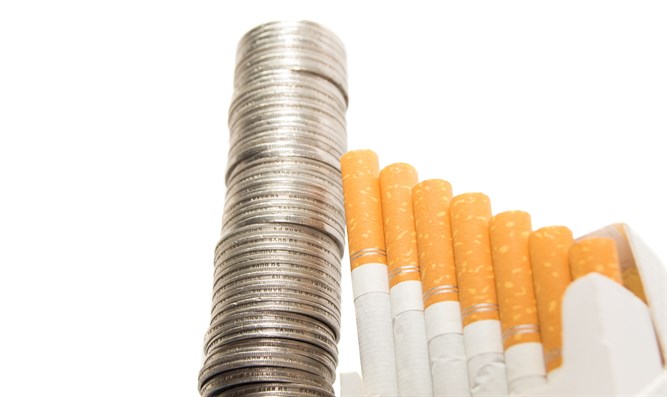By: Sarmad Shahbaz
Sigh! What a week. For the last seven days, the country has been in a great trembling. How come the political landscape of Pakistan’s lowly satisfactory democracy got torn apart without reluctance? The perspectives emanate differentially. For some, driven by populist spirit, former PM Imran Khan came as a Messiah to anoint the Augean stable of Pakistan’s political sphere and update the version from Pakistan 1.0 to Pakistan 2.0 viz Naya Pakistan. Others, focused on theoretical democracy, saw Mr. Khan as a weakling who left no stone unturned in making Pakistan a banana republic thru constitutional violation and authoritarian populism. Let us dive deep into both of these scenarios and observe who placed the straw that saved the so-called democracy’s back.
Politics is not a play but a very serious business in Pakistan
Before going any further, a brief overview of Pakistan’s political status quo. In Pakistan, politics has always been a vitriolically vicious play. Considered a filthy dump of corruption, maladministration, absolutism, and dishonesty, politics is a reputed gray area since Pakistan’s inception. However, claims can make this holistic view untrue to the fact that politics has been a crucial entity in nation’s evolution. By the benefit of doubt, most millennials and generation Z see politics as not better than a charade. That is where they go wrong. This misinterpretation lies in their consideration of politics as a play of emotions and excitement. Justly, politics is a profession requiring ultimate patience, prudence, and sometimes-moral, sometimes-immoral betrayal. One can understand by imagining that politics is not a play but a very serious business in Pakistan.
Revisiting the subject, Mr. Khan’s political career, started in mid-1990s, turned him a victor when he got the premier seat in 2018. From 2018 to 2022, the charisma of the former Prime Minister remained in place. He made groundbreaking progress in fighting climate change, making Pakistan a more expressive nation, and in the political maturity of the people. Moreover, PTI made remarkable success while battling the pandemic. Sehat Card and stuff are plus points as well. But all this was happening while the sand was running out of Khan’s hand. Delinquency arose when leading the people turned into leading the cult for PTI. Khan and Co. started leading a cult so infatuated with their captain that they considered anyone against him as an ally of the opposition. For them, neutrality remained an animalistic practice. The cult worship parlayed PTI’s populous rhetoric and their ultra-obsession went into an addiction to power. The oracle of Bani Gala turned the supporters of PTI into blind followers of the captain, rejecting any criticism and embracing Khan as a liberator of nearly everything. Yet, this passion remained predominant all-over social media, let alone on the roads. But the bandwagon is never illegible to decide the future of the country.
On the other side, the perspective of PTI’s wild obsession about cleansing the country in 90 days and making millions of jobs remained a damp squib. People, who have been observant of the democratic process, started to stave off themselves and ignored PTI’s populist grandiloquence. Their holistic approach, though, came out in the form of a fad band that previously tortured each other. The opposition as a gauntlet eight gems set the fight against Khan’s authoritarianism. For more than 1200 days in office, IK completely ignored the legitimate opposition because of his superiority complex. Similarly, he kept using the state’s apparatus in undermining political rivals. Accept it or not, PTI bid for every lottery to subdue opposition. Still, the inevitable remained certain.
Amidst all, one entity came out to remain neutral, at least at the end. When this entity became neutral, the plank of parliamentary democracy tousled for the PTI and opposition. The establishment, rightfully annoyed by the alleged diplomatic cable scandal, stepped in to maintain the country’s international image. When the entity made its first step not to back any political spirit, the PTI, who already violated the constitution, got under duress. This act of neutralization not only came out to be the last straw that saved the democracy from a costly martial law but also helped Pakistan’s democratic process restoration. No matter how much flawed it is, establishment united the democracy on the track, at least for the showcase.
Short and sweet in this sour state of affairs is the fruit ripped by the establishment. Populous denial does not change the fact that on the constitutional day i.e., April 09, Pakistan was saved by overturning the threat of a coup d’état by thorough discernment of establishment. Things could have gone wrong and Pakistan would be dreaded deep in the abyss of direct military dictatorship. A similar thing happened in past. This time, however, things remained smooth from the military’s side. Thus interestingly, the last straw that saved the democracy’s back from complete devastation was placed by the establishment itself. Let us hope for the best and prepare for the worst. Every up and down is acceptable but the democratic process must continue for the state’s existence. In the future, Pakistani people need to get out of the hallucination and start becoming rational, foresightful, and realistic about political scenarios.
The writer is Islamabad based political commentator and social critic with keen interests in political-economic sphere, social order and philosophy.


